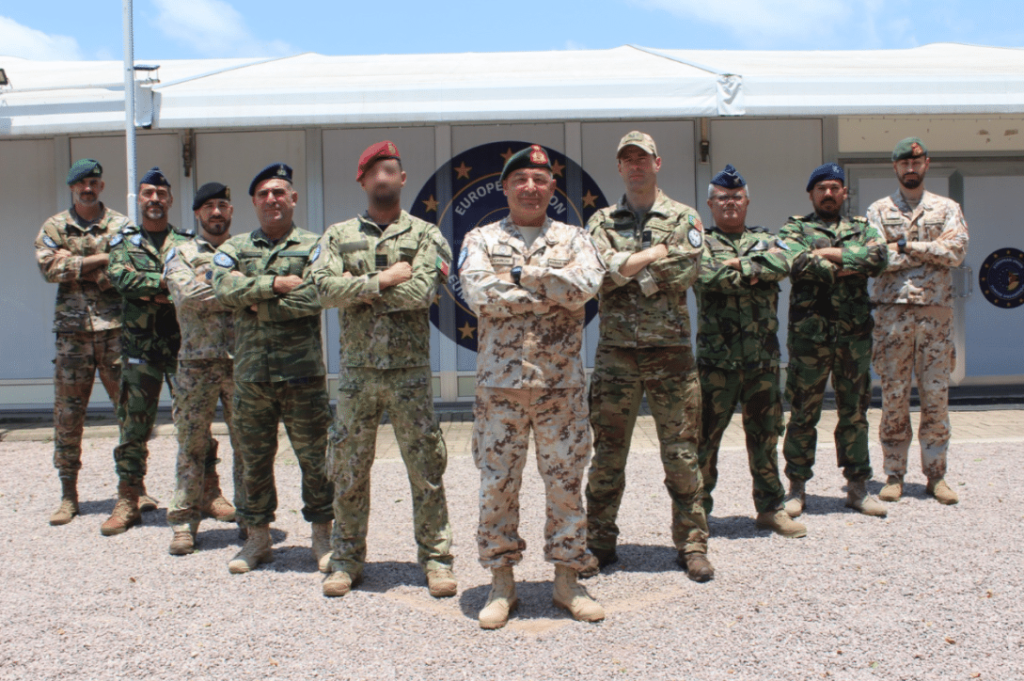An advisory group providing assistance with, among others, strategic and operational integration and enhancing quick reaction forces (QRFs) is an integral component of the European Union Military Assistance Mission (EUMAM) in Mozambique.
The mission replaced an EU training mission in the east African country last September with the advisory group supporting the mission by way of executing Mission Force Commander orders. This task, an EUMAM statement has it, centres on embedding advisors in FADM (Forcas Armadas de Defesa de Mozambique) to ensure effective advisory and mentoring processes to improve operational planning, management and overall readiness of Mozambican QRFs.
The QRF work is a primary objective for the advisory group and is seen as crucial to ensure rapid and effective responses to security challenges, with Cabo Delgado specifically named.
Tailored training programmes, mentoring sessions and operational planning support by the advisory group empowers QRF units to operate with enhanced autonomy, resilience and precision, as per the statement.
The advisory group approach prioritises sustainability and self-reliance, equipping QRFs with the tools and knowledge necessary to plan, execute and adapt operations independently. The focus is on developing lasting capabilities that allow the FADM to address emerging threats and challenges effectively.
Above the QRF level, the advisory group is embedded at “the highest levels” of the Mozambican military for guidance and support.
At strategic level, EUMAM advisors collaborate with FADM decision makers to ensure alignment with operational objectives and to enhance capacity for implementing sustainable solutions. This support includes advising on best practices in leadership, resource allocation and operational oversight to improve effective decision making.
At operational level, the advisory group works directly with FADM units to strengthen their ability to plan, execute, and manage operations independently. By mentoring and advising operational commanders, the group facilitates the essential skills and knowledge transfer required to sustain a robust and adaptive operational cycle.
“A cornerstone” of the advisory group support is its contribution to the FADM knowledge mechanism (KM) system.
“By fostering the development of systems to capture, organise and share operational insights, the advisory group ensures that lessons learned are institutionalised and leveraged to refine future operations. This mechanism significantly enhances the FADM’s ability to engage in continuous improvement processes, thereby increasing operational efficiency and effectiveness,” the statement reads in part.



